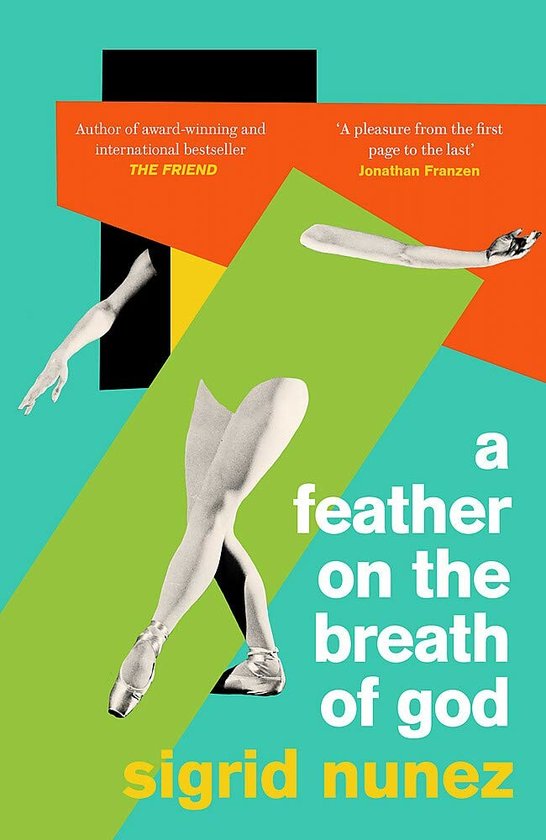The last of her kind

Uiterlijk 24 januari in huis
The paths of two women from different walks of life intersect amid counterculture of the 1960s in this haunting and provocative novel from the National Book Award-winning author of The Friend
'A passionatehonesty grips the heart of The Last of Her Kind, a subtle and profoundly movingnovel about friendship, romantic idealism, and shame' O,The Oprah Magazine
Ann Drayton and Georgette George meet as college roommates in New Yorkin 1968. Ann, who comes from a wealthy family, is brilliant and idealistic. Georgette,who has grown up in poverty, is mystified by Ann's romanticization of theunderprivileged class, which Georgette is hoping college will enable her toescape. An intense and difficult friendship is born. Years after a fight endstheir friendship, Ann is convicted of murder. As Georgette struggles tounderstand what has happened, she is led back to their shared history and to anexamination of the revolutionary era in which the two women came of age.
'A remarkableand disconcerting vision of a troubled time in American history, and of itsrepercussions for national and individual identity' New Yorker
'An unflinchingexamination of justice, race and political idealism that brings to mind PhilipRoth's American Pastoral and thetenacious intelligence of Nadine Gordimer' New York Times
'Nunez takes usbeneath the surface to the essential mysteries of the human heart' WallStreet Journal
The paths of two women from different walks of life intersect amid counterculture of the 1960s in this haunting and provocative novel from the National Book Award-winning author of The Friend
It is Columbia University, 1968. Ann Drayton and Georgette George meet as roommates on the first night. Ann is rich and radical; Georgette is leery and introverted, a child of the very poverty and strife her new friend finds so noble. The two are drawn together by their differences; two years later, after a violent fight, they part ways. When, in 1976, Ann is convicted of killing a New York cop, Georgette comes back to their shared history in search of an explanation. She finds a riddle of a life, shaped by influences more sinister and complex than any of the writ-large sixties movements. She realises, too, how much their early encounter has determined her own path and why, after all this time, as she tells us, 'I have never stopped thinking about her'.
'A brilliant, dazzling, daring novel' Boston Globe
'A subtle and profoundly moving novel about friendship, romantic idealism and shame' O, The Oprah Magazine
'An unflinching examination of justice, race and political idealism that brings to mind Philip Roth's American Pastoral and the tenacious intelligence of Nadine Gordimer' New York Times
- 1 Bekijk alle specificaties



Taal: en
Bindwijze: Paperback
Oorspronkelijke releasedatum: 05 september 2019
Aantal pagina's: 416
Illustraties: Nee
Hoofdauteur: Sigrid Nunez
Hoofduitgeverij: Virago Press Ltd
Originele titel: The Last of Her Kind
Product breedte: 126 mm
Product hoogte: 30 mm
Product lengte: 196 mm
Studieboek: Nee
Verpakking breedte: 125 mm
Verpakking hoogte: 32 mm
Verpakking lengte: 193 mm
Verpakkingsgewicht: 642 g
EAN: 9780349012834